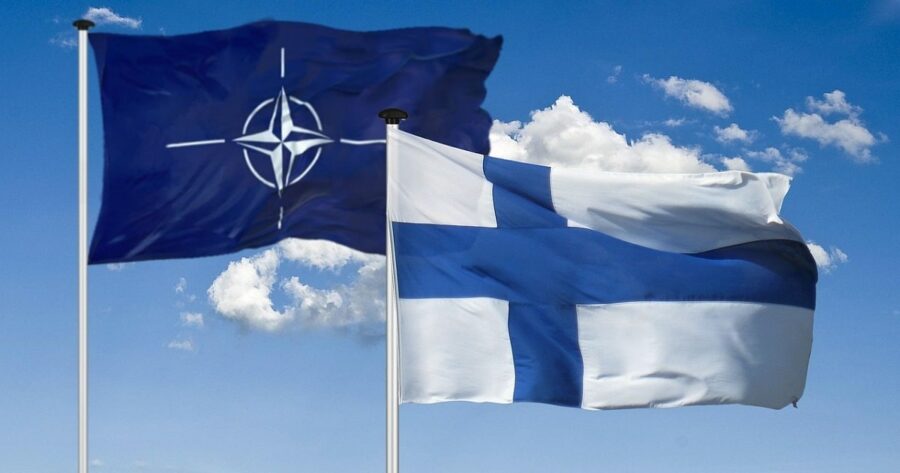Finland officially became the 31st North Atlantic Treaty Organization (NATO) member, marking a significant milestone in the country’s history and its relationship with the Western military alliance. For Finland, joining NATO is a matter of military security and a significant step in its foreign policy and geopolitical positioning.
The decision to join NATO was not easy for Finland, which has a long history of neutrality and maintaining good relations with its neighbouring countries, including Russia. However, Finland’s changing security environment in recent years, particularly Russia’s increasing assertiveness and military buildup in the region and invasion of Ukraine, has prompted the country to reconsider its security posture.
Joining NATO is expected to enhance Finland’s military capabilities and provide a stronger deterrence against any potential aggression from Russia. As a member of NATO, Finland will have access to the alliance’s collective defence arrangements, including the Article 5 commitment, which states that an attack on one member is an attack on all members and requires all members to come to each other’s defence.
In addition, Finland’s membership in NATO will also provide opportunities for increased military cooperation, joint training, and exercises with other member countries. This will enable Finland to improve its interoperability and strengthen its defence capabilities, making it a more valuable contributor to the alliance’s collective security.
Furthermore, Finland’s membership in NATO is likely to have significant geopolitical implications for the region and beyond. Russia has long viewed Finland as a buffer zone and has been concerned about any potential expansion of NATO into its neighbourhood. Finland’s decision to join NATO is a blow to Russia’s strategic interests and efforts to maintain its regional influence.
From Finland’s perspective, joining NATO is not a provocation against Russia but rather a natural response to the changing security environment and a way to ensure its own security and sovereignty. The country has emphasized that it will continue to maintain its bilateral relationships with Russia and other neighbouring countries while at the same time deepening its engagement with NATO.
As a full member of NATO, Finland now has a greater voice and influence in shaping the future of the alliance and contributing to collective security efforts.









